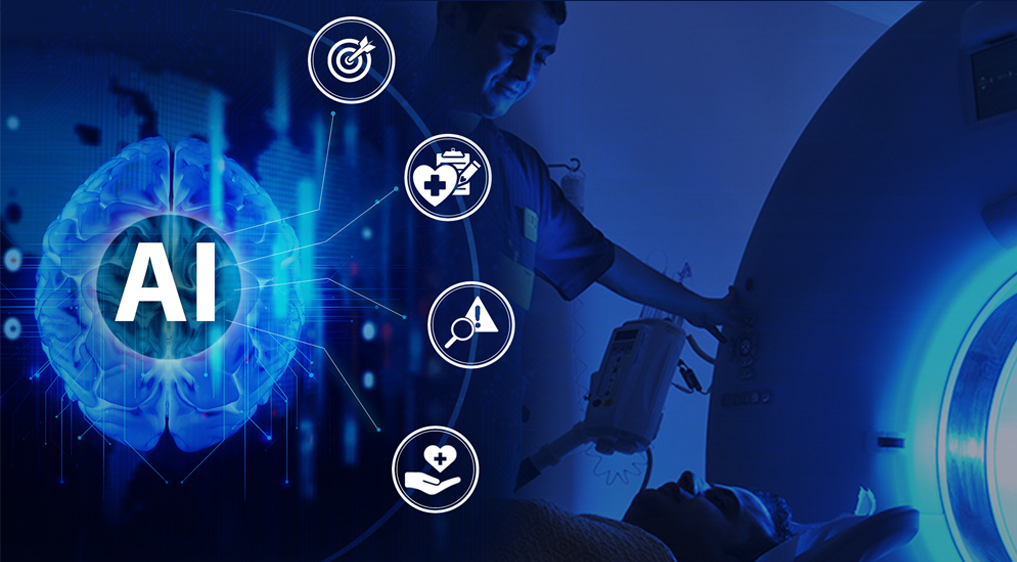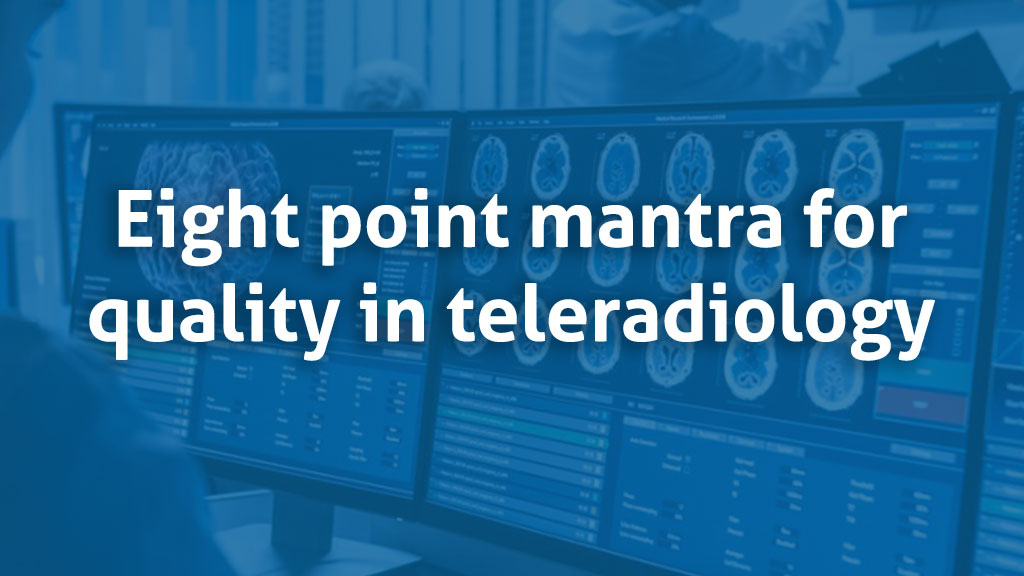Two more factors are driving this revolution.
- The compliance needs of certain governments to ensure every citizen is on an electronic patient portal
- The pressure on the bottom line for hospitals and clinics forces them to find ways to educate the patient and reduce his visits to the hospital which have become a huge burden to the Governments.
While most of the patient portal solutions in the last few years mainly dealt with patient reports and information relating to the visits of the patient, of late solutions are emerging whereby the patient has access to even radiology images.
The spin off benefit for the patient is that he has access to his clinical reports, lab test results, and sometimes images which he can share with another doctor for a second opinion.
In the good old days when a patient walked into an imaging center or an outpatient facility in a hospital and had an XRAY procedure done, he would be receiving an XRAY film immediately or in a few days. This later was replaced by CD’s which had a nice picture of the facility on top and images and reports inside. There was also a low end viewer which opened the images automatically.
While this saved the enterprise hundreds and thousands of dollars (you could now add multiple images from CT or MRI) and was a great marketing tool, it still meant the patient had to have the CD on him all the time if he wanted to share the information. The enterprise also had to invest in automated CD solutions which were mechanical devices and prone to failures.
All the pressures mentioned at the beginning of this article forced vendors to find a more practical and useful solution for the patient.
Today a patient can walk away with nothing but still have access to everything!
He can log into his secure private patient portal and
- View images with a powerful viewer
- View reports of the doctor
- Upload his own documents
- Share information with his family
- Share reports and images with another specialist for a second opinion
All this can be done from anywhere and at any time using any browser on his computer or mobile device.
He could get relocated to say Indiana from Arizona and still meet his doctor and have all the information at his fingertips. He does not have to carry any documents or CD’s or films.
From an enterprise point of view this provides a better quality of patient care. The RIS/PACS they invested in would be archiving the images and reports anyway and all they need to do now is to find a cost effective way of sharing this with the patient.
The recent patient portals provide this facility and with the falling prices of hardware and software these features are becoming lot more affordable now than before.
The hospital and clinics win because they have reduced their costs and provided more benefits to the patient. The patient wins because he or she now feels they received their money’s worth and the access to their information at any time makes them more secure.
Everyone is happy!




